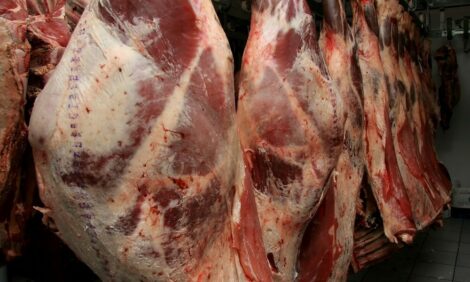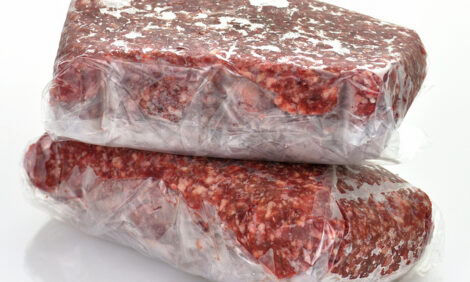



Getting To Grips With The Risk Of Animal Proteins In Feed
EU - It is widely accepted that BSE was most likely spread in cattle because they were given feed that contained BSE-contaminated animal proteins.With limited exceptions, the practice of feeding animal protein to cattle or any other farmed livestock used for food has been banned since 2001 . At the request of the European Parliament, EFSA has issued an opinion on the BSE related public health risks of certain animal proteins in animal feed, which will help inform any future consideration of amendments to the existing feed ban.
EFSA’s BIOHAZ Panel’s opinion particularly addressed feed containing pig protein being fed to poultry and feed containing poultry protein being fed to pigs. The concern relates to the risk of transmission of the BSE agent through animal feed and hence the risk of causing BSE related exposure in humans. The Panel has concluded, with certain qualifications, that the risks to public health would be negligible: up to now, BSE has not been identified in pigs or poultry under natural conditions, therefore the risk of transmitting BSE to pigs through feeding poultry processed proteins and vice-versa is considered negligible. Hence the Panel conclusion in relation to public health.
Certain important qualifications are attached to this opinion. The Panel’s conclusions take into account the decline in the BSE epidemic and the current control measures in place. The Panel stressed that their opinion only remains valid in the context of the continued effective implementation of the other current BSE control measures. Whilst BSE has so far not been found to occur under natural conditions in either pigs or poultry, if a TSE were ever found to occur naturally there would be a need to reassess the risk. It is also noted that it is not yet possible, with the currently approved method, to distinguish the species origin of proteins in a feed product.
The Panel also considered a further request from the Parliament on the public health risks in relation to introducing possible tolerance levels for small quantities of any animal protein in animal feed. The Panel concluded that it is not currently possible to define the parameters that would enable risk managers to establish such tolerance levels, due to the lack of internationally agreed scientific methodology.
The Panel also noted that introducing any tolerance level would lead to an increase in the risk of transmission of BSE compared to the current EU situation. Given that it is not currently possible to quantify amounts of animal proteins in feed, it is not possible to determine whether the amounts would be above or below what may be considered as the tolerance level. The Panel recommended further studies on detection limits and techniques to quantify animal proteins in feed.
Under the current protective measures, if a tolerance level for animal protein in feed was to be introduced, the risk of transmitting BSE to cattle or other ruminants cannot be excluded. The few infected animals that could arise would probably not be able to maintain the presence of BSE in the cattle population but would increase the potential risk of human exposure to BSE. However, the risk of transmitting BSE to non-ruminants, if a tolerance level was to be introduced, is lower than to ruminants, as long as intra-species recycling is avoided and so in this scenario the Panel concluded that any increase in the exposure risk of BSE for humans would be negligible.


